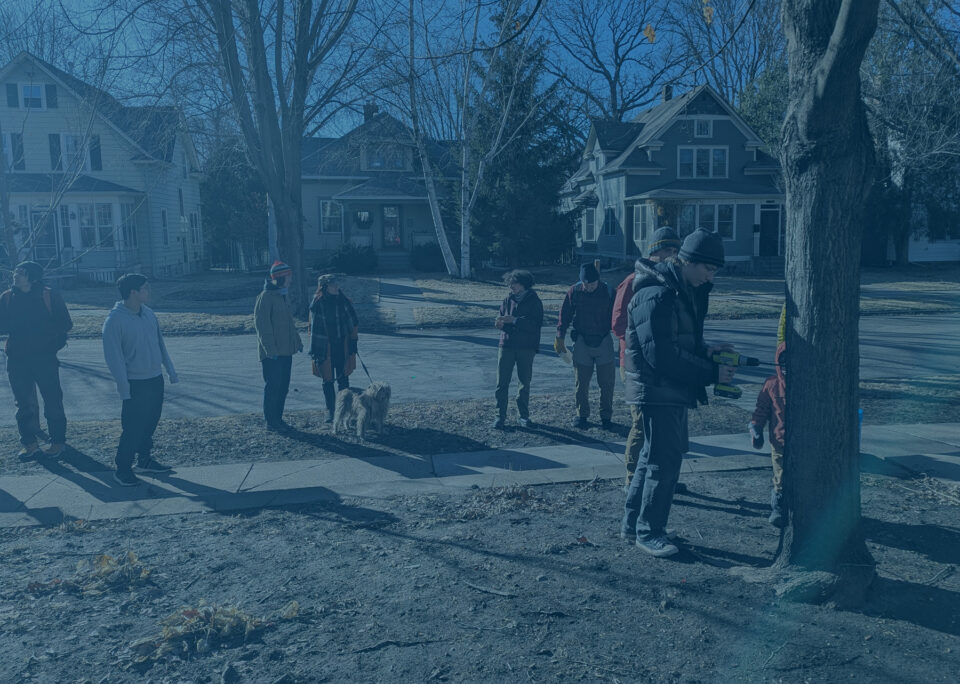
Global Indigenous Studies
Global Indigenous Studies centers Indigenous peoples’ diverse histories and cultures, as well as arts, ecologies, economies, identities, knowledge, languages, literatures, music, politics, and religions.
Indigenous studies is inherently international: there are more than 600 sovereign nations within the legal geographic bounds of the United States. Indigeneity itself is a global political formation, showing the linked histories that connect diverse peoples from many regions (including, Africa, the Arctic, Asia, Oceania, as well as the Americas).
Indigenous peoples exist in relation both to each other and existing nation-states as members of international communities. As self-determining and sovereign nations, the relations between Indigenous peoples and other entities are inherently international. However, the history of Indigenous peoples reflects a history of colonial settlers or expansive nation-states creating hierarchies of identity and differences that continue to influence the experiences of Indigenous peoples in the contemporary world.
Why study Global Indigenous Studies at Macalester?
As a place where many Native people have come to act together, the Twin Cities and broader region have been a gathering site for wider efforts—not just the foundation of the American Indian Movement, but also international organizations of Indigenous peoples have grown from these gatherings.
The Twin Cities has one of the largest populations of Native people in the nation, and the Cities are full of vibrant Native organizations, businesses, and nonprofits, making Macalester a place to study Native pasts, presents, and futures.
Students completing a concentration in Global Indigenous Studies will enhance their capacity to consider how the experiences of Indigenous Peoples and Indigenous ways of knowing and doing have been affected by colonialism and settler colonialism. Students will learn how these experiences and ways of knowing provide understanding, insight, and belonging that transcend the colonial experiences. This capacity enables students to be meaningfully reflective on their place(s) in the world, paying particular attention to locations, powers and privileges of people, institutions, and practices.
11
Number of federally recognized Native nations (seven Ojibwe and four Dakota) in what is now Minnesota.
The American Indian Movement was born in Minneapolis, and Minnesota’s Native communities have a strong presence in the Twin Cities and throughout the state.
200+
Number of internship sites near campus, including the Minnesota Historical Society and the East Side Freedom Library.
Course Offerings Sample
- AMST 284 Radical Reelism: Indigeneity, Politics and Visual Culture
- GEOG 294 Indigenous Futures
- LING 225 100 Words for Snow: Language and Nature
- HIST 225 Native History to 1871